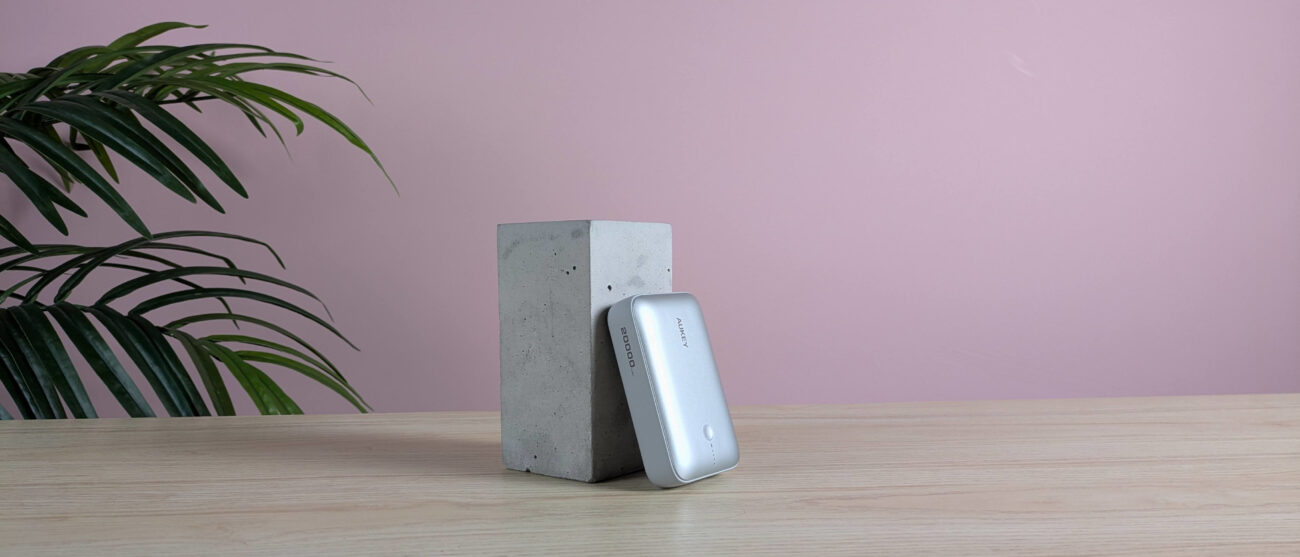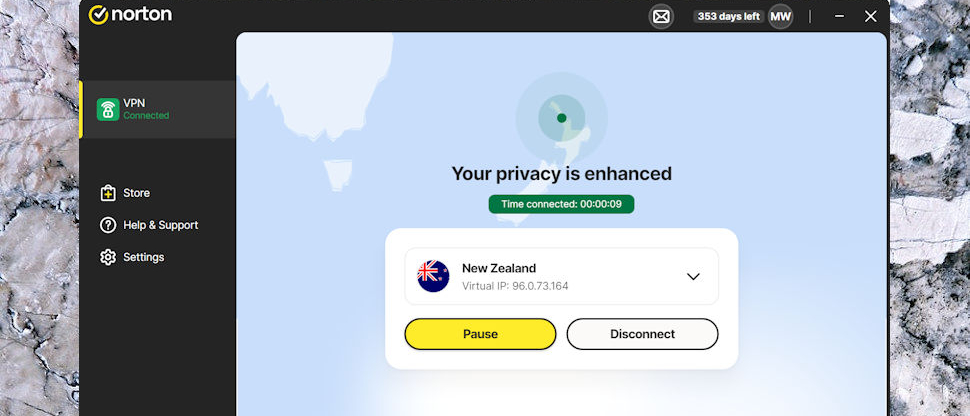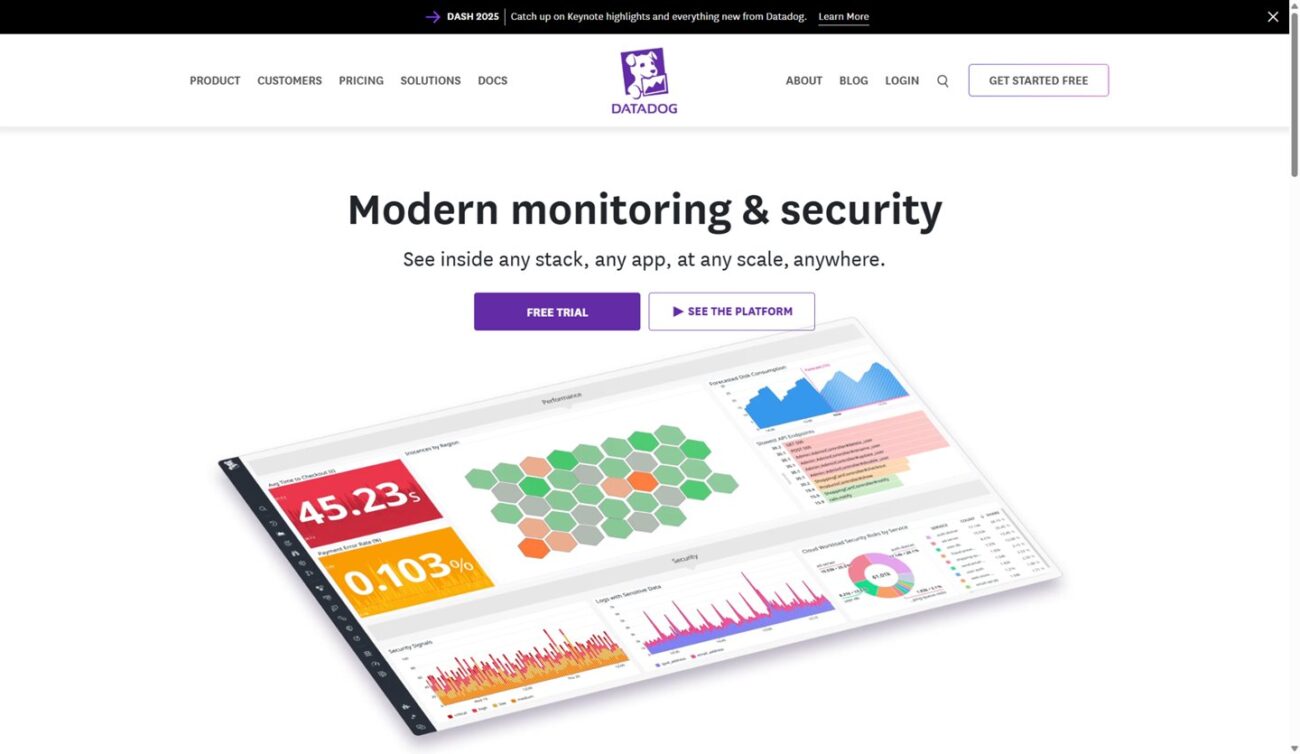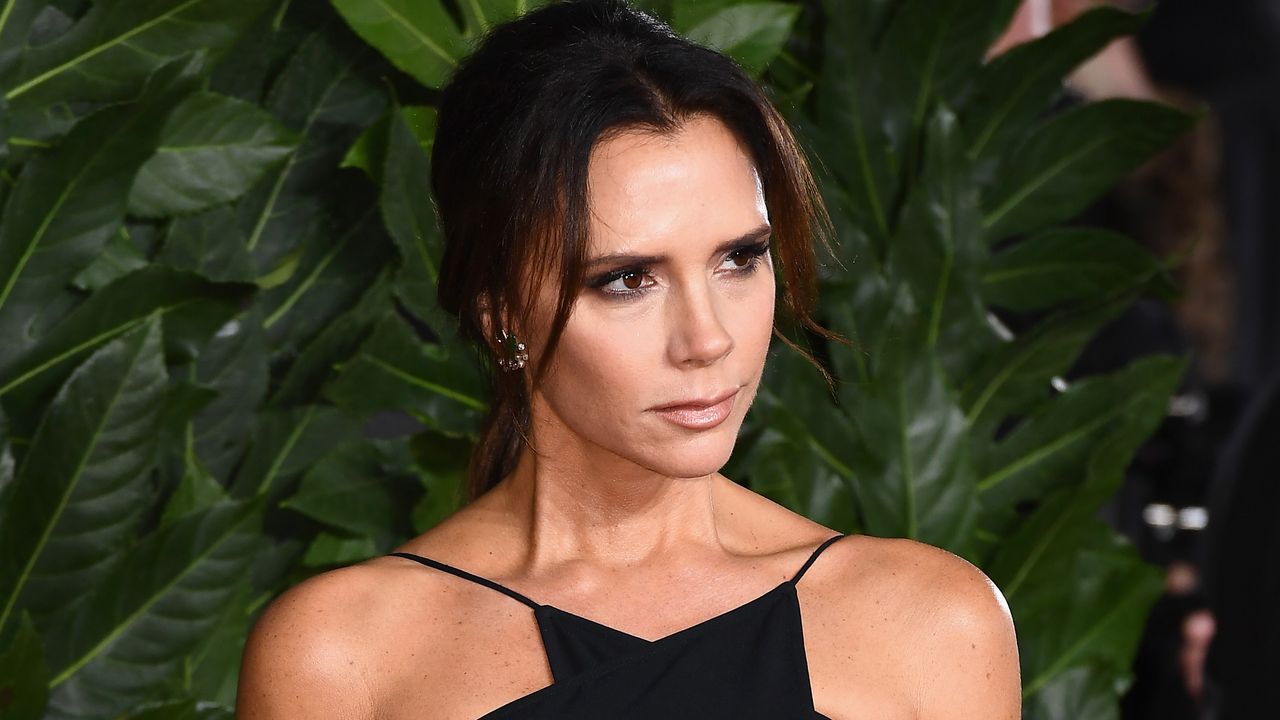Blog
Hostage review: Suranne Jones is the perfect Prime Minister in Netflix’s heart-pounding new political thriller
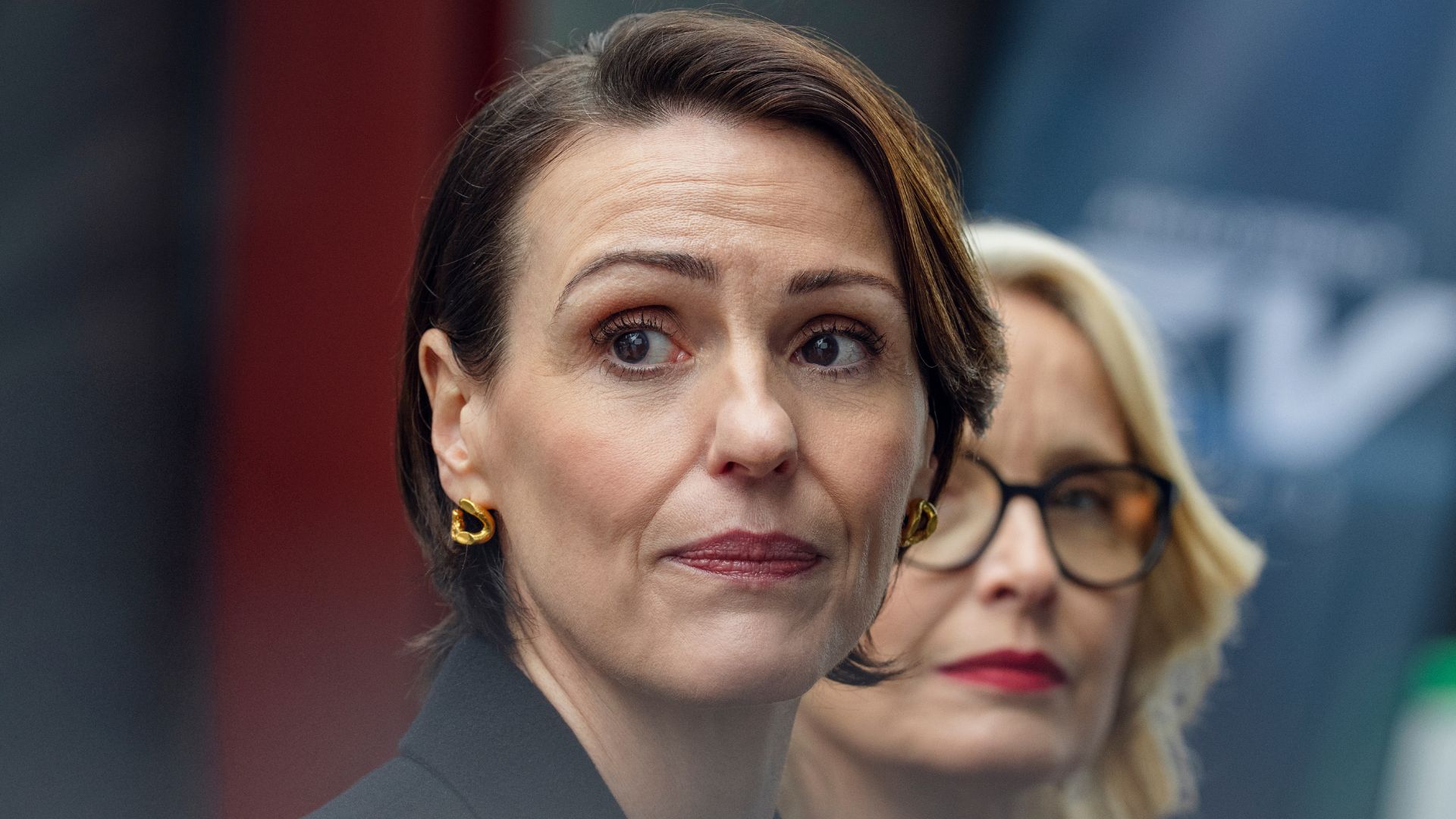
Why you can trust TechRadar
We spend hours testing every product or service we review, so you can be sure you’re buying the best. Find out more about how we test.
Hostage is now streaming on Netflix, and if you don’t binge watch its pithy five episodes over the next few days, then you’re weekending wrong. In fact, I’d go stronger than that: if you don’t watch it this weekend, you’d be missing out on the streamable television event of the year (just behind Adolescence).
The millisecond I heard that Suranne Jones was on board to play fictional British Prime Minister Abigail Dalton, I knew the new Netflix series could do no wrong. Fortunately, I love being proved right, and this is one of those times.
Let’s set the scene; Dalton has just won the country’s general election, with her husband Alex (Bashy) deployed to French Guiana with Médecins Sans Frontières (a.k.a Doctors Without Borders). Soon after, he’s kidnapped by a group of unknown terrorists, who demand Dalton resigns in order to release the hostages safely. In the meantime, she’s dealing with a huge crisis in the National Health Service (NHS) as medicine supplies run out, while French President Toussaint (Julie Delpy) is in the city for a scheduled visit to work out a deal to help.
Netflix obviously isn’t a stranger to hit political dramas, with shows like The Diplomat, House of Cards and The Night Agent in its back pocket. But not only is Hostage offering a fresh perspective by focusing on the relationship between Britain and France, but it’s giving us a political problem we’ve never seen before: two female leaders of Western states, in power at the same time, both being blackmailed by a system intent on setting them up for harm. For me, that’s the most exciting part of the entire show, as well as the most honest.
Hostage on Netflix is an explosion of tension from start to finish
Watch On
If you’re not a UK native, you’re probably unaware of what a national powerhouse Suranne Jones is over here. From Doctor Foster and Gentleman Jack to classics like Scott & Bailey and her humble beginnings on soap opera Coronation Street, there’s not a single role she’s not knocked out of the park. Her craft really comes into its own when she’s playing someone in a position of power, but usually this only extends to doctors and detectives.
The only way up is to play the leader of a country, and frankly it’s a role she was born for. Jones takes the careful political intricacies of Hostage in her stride, deftly portraying a political leader who wants to put her country first as well as a mother trying to keep her family intact. It’s not a dilemma we’ve seen from a world leader explored on TV because the women just haven’t been represented deeply enough in this way… but here, there are two.
Julie Delpy’s Toussaint is everything Dalton is not. Caring more about her upcoming re-election campaign than anything else, she comes across as cold, conniving, and uncaring to any problems that aren’t immediately her own. We get to understand her personality and predicament more as the five episodes go on, but her natural acidity towards Dalton makes for some delicious back and forth sparring sessions. This only gets better when the pair realize that in order to cull this threat they must work together, beautifully blending in a level of raw vulnerability scarcely seen in the political coalface. They’re a dynamic leading duo, and make for faultless casting.
If you asked me, I’d say the big baddie here was actually the patriarchy (yay, feminism!). Sure, the patriarchy isn’t directly holding a gun to Alex’s head, but it is the ultimate threat to both Dalton and Toussaint. It’s assumed they will both crumble and give into the demands of the masked men trying to call the shots, but when neither leaders backs down, the game changes. They’re both able to juggle the extreme surge of demands on their plates with tact and strategy, even when they’re at breaking point behind closed doors.
The broader story is just as exceptional as the people bringing it to life
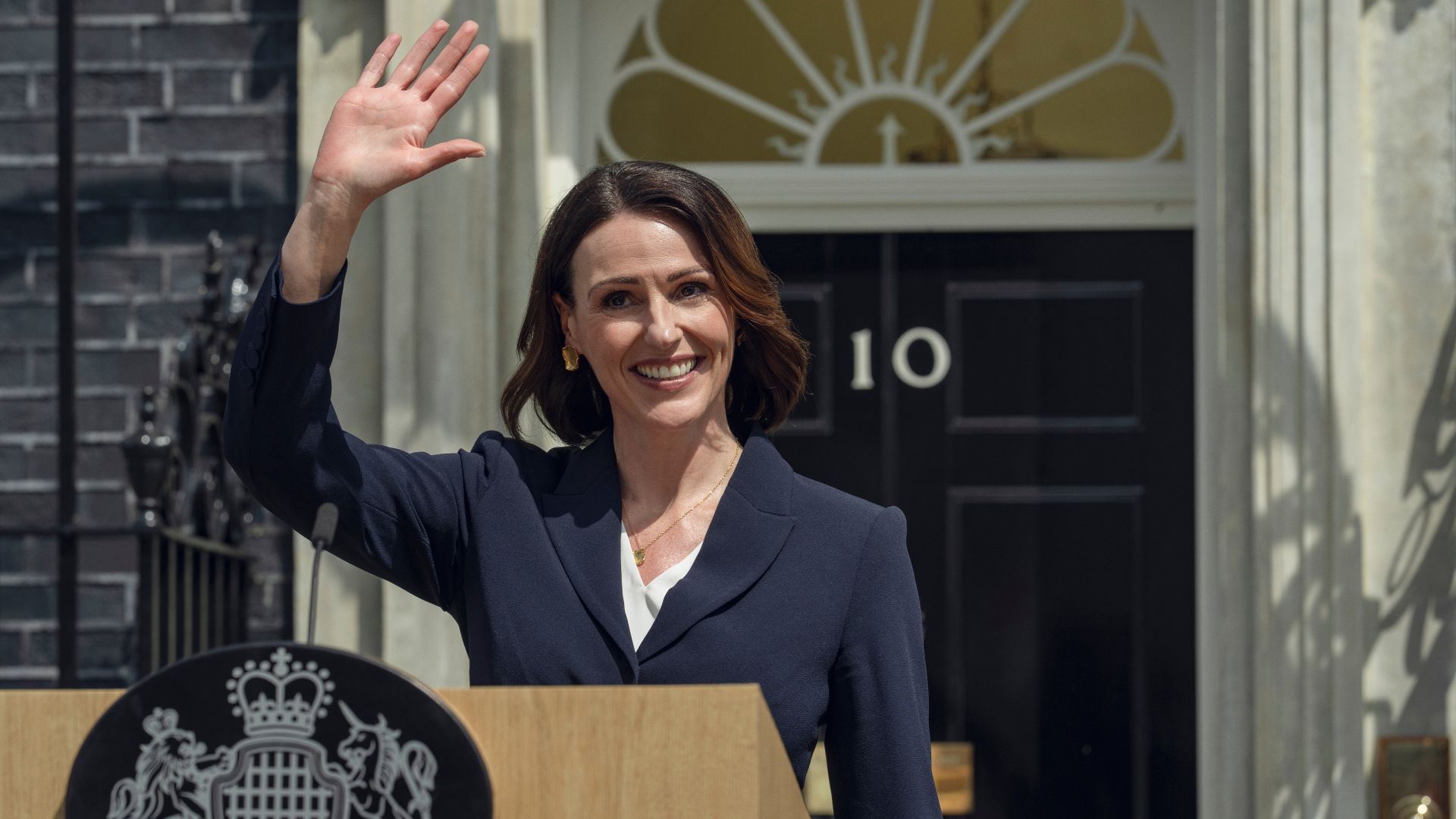
Performances aside, what I’m most impressed with in Hostage is its astonishing grasp on its storytelling. Most have us have sat through enough crime procedurals or bog standard thrillers to anticipate exactly what twists are coming when, but Hostage kept me on my toes the entire time. In fact, the only shock moment I saw coming was thanks to an episode blurb on the platform (here’s your reminder to take each of these with a pinch of salt), and you could easily argue that episode 5 is a little too fluffy around the edges, though it worked for me. Trust me, there are more than enough moments to leave you gasping out loud and scrambling to figure out what’s going to come next.
The intersection of social and political issues at play – the NHS and immigration crises, disgruntled politicians and underfunded national defense – are all things we’re experiencing the effects of in real time, which only makes watching Hostage that much more visceral. Almost all of what we see could actually happen in the blink of an eye, shrewdly exposing the problems that lie underneath if push came to shove. It’s quite a feat to blend fact and fiction so well that you don’t quite know where the seams join up, and its a testament to the team behind it.
Do I feel better about the post-Hostage world? Absolutely not, but we probably all need a reality check of this convincing magnitude. If this could open up the same international conversations as Adolescence (and as far as TV show quality is concerned, it should do), imagine how much more proactive we could all be.




